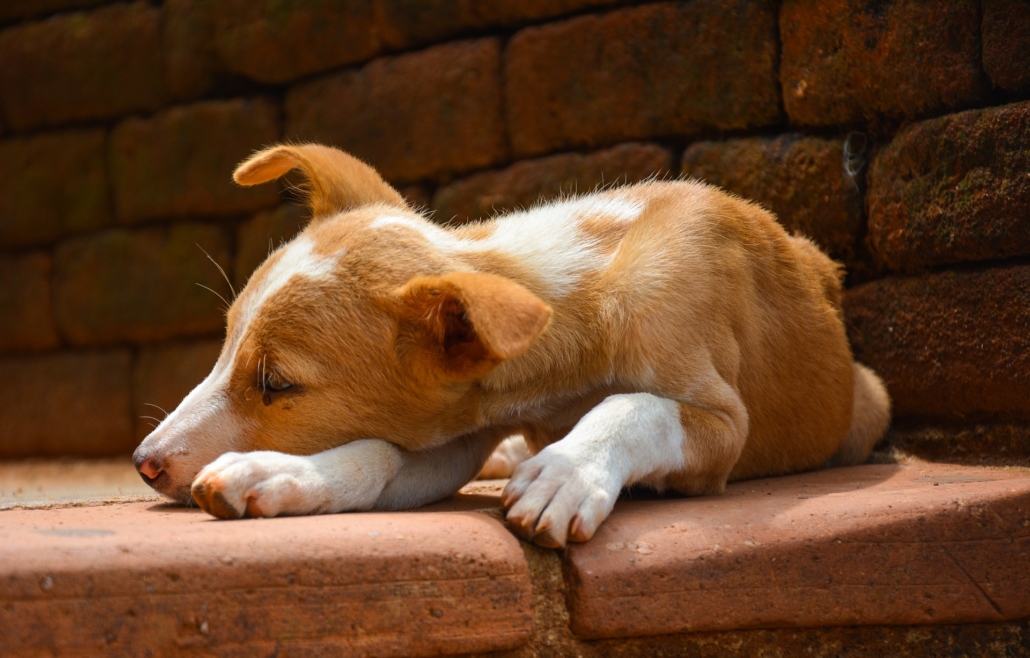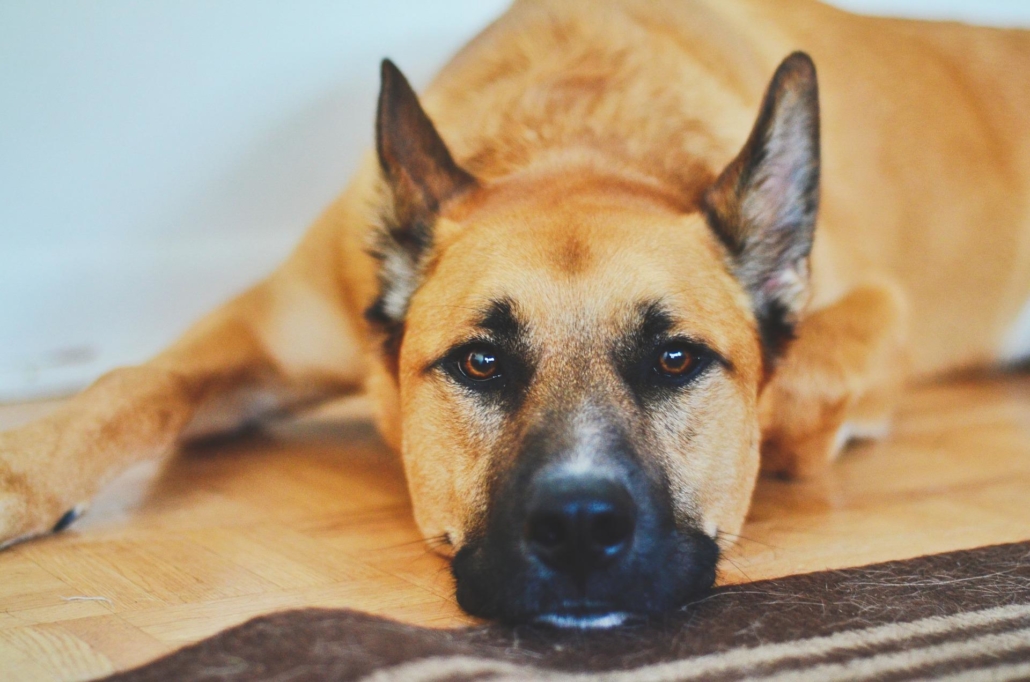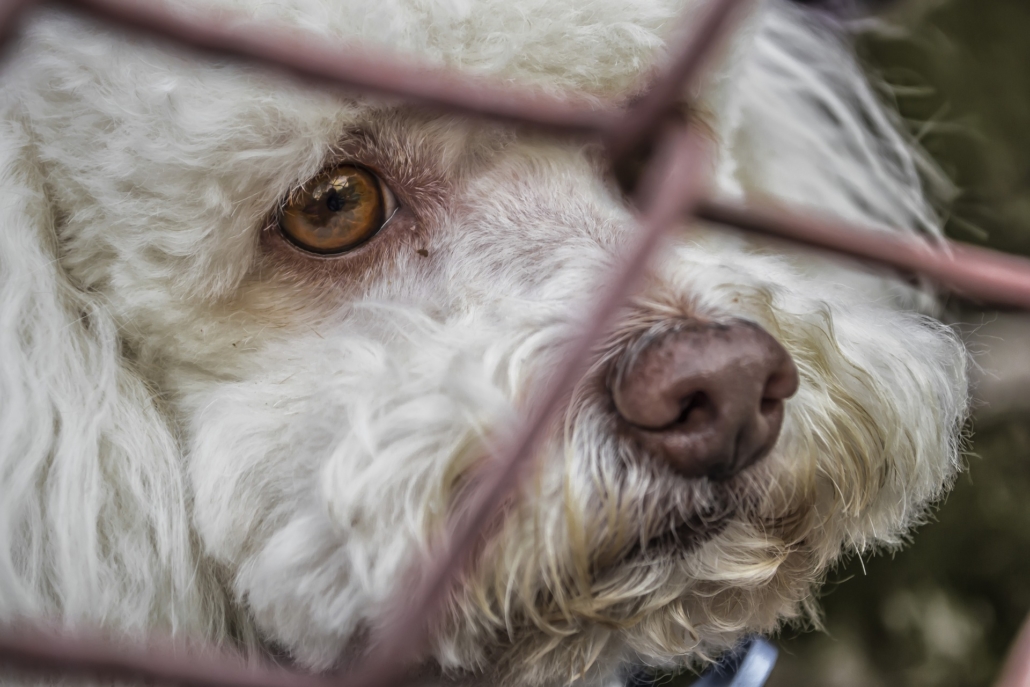Kennel Cough: A Guide to Detection and Treatment
Is your dog coming down with a bad cough, has low energy and is making painful sounds? He may have an infection picked up from a dog who spent time in a boarding kennel with other coughing dogs. Kennel cough is commonly picked up from playing or socializing with other dogs at the park. It’s important to understand that it’s very contagious and possibly fatal in older canines or those with pre-existing conditions. Below are some common symptoms. If your dog has every symptom, kennel cough is likely the culprit.

Symptoms and Detection
- Coughing
- Stuck in throat, gagging sound
- Low energy
- Little to no eating
If your dog is making gagging sounds as if something was stuck in his throat, try offering him a treat. Dogs will not be interested in a treat if something actually is stuck. If he takes the treat, note that he simply has an irritated throat. Also note that if your dog has not eaten or refuses to eat in a 24-hour period, take him to the vet immediately. Below are the steps for how you should treat the cough.
Treatment
- Isolate your dog so it does not spread to others. Be sure he gets plenty of rest to fight the infection; that means no walks, even for bathroom breaks. Make sure he gets plenty of sleep on a very comfortable dog bed. If you have to bring your dog outside for any reason, be sure he is wearing a warm comfortable coat.
- Take your dog to the vet. If all the symptoms in this article apply to your pup, he most likely has kennel cough. But play it safe and go anyway to confirm if he has it.
- Clarify if the dog needs antibiotics. Kennel cough can come in the form of a virus or bacteria. Antibiotics will assist the dog in overcoming the bacteria; but if your dog has the virus, he will need to fight it on his own.
- To make the recovery period less painful, have your dog inhale steam or warm water vapor. This will alleviate some of the pain in his lungs and throat. A common method is to stay in your bathroom with your pup for 5-10 minutes while the shower is running on its hottest settings. This should generate lots of steam to help his cough. Never leave him alone in the bathroom while the shower is running.
- Don’t stop the dog’s coughing completely, except if he can’t sleep. He needs to cough to get the mucus out of its stomach. Suitable medicine would be a spoonful of children’s Robitussin DM. One teaspoon every 20 lbs. of weight. Never give other medicines without consulting vet first. Only give cough medicine once every 24 hours unless advised by a vet.
- A good way to soothe your pup’s cough to ensure a good night’s sleep is to take one tablespoon of honey and teaspoon of lemon juice mixed together in warm water. This will alleviate some of the pain and lessen the frequency of the cough.
- Ask for dog vitamin C pills from the vet. This will boost his immune system over the long run and will help beat the cough sooner.
- Consider a vaccination once the recovery is complete. If your dog: mixes with others at the park, is elderly or has other preexisting health conditions, getting the vaccine is a smart idea.
If you notice increased appetite, energy and decreased coughing in your pup, then he is on the road to recovery.

Looking for weekly insights and tips to keep your best friend happy & healthy?
Look no further and sign up for our newsletter right away:



